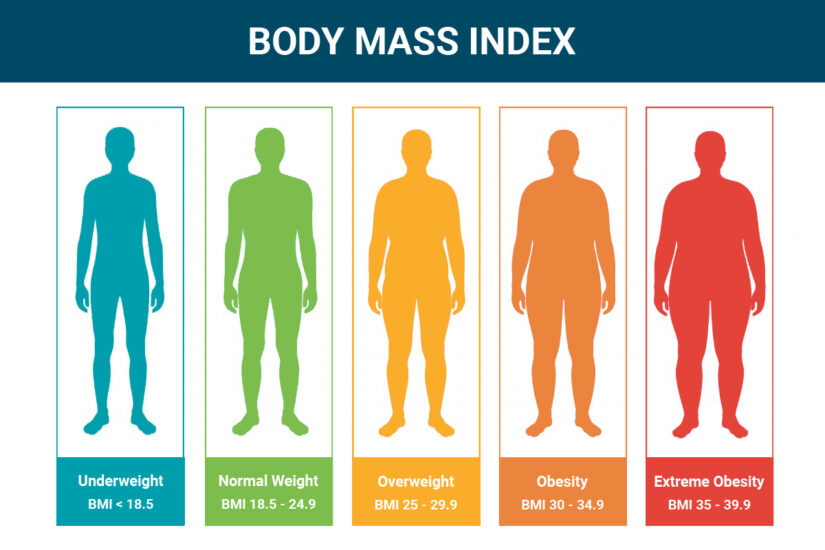What is BMI? Understanding the Basics of Body Mass Index.

Have you ever heard of Body Mass Index (BMI)? It’s a widely used metric to measure your weight relative to your height. But what exactly is it and how does it work? In this article, we’ll break down the basics of BMI so that you can better understand your own body mass index and make sure you are living a healthy lifestyle.
What Is BMI?
Body Mass Index (BMI) is a numerical value that is calculated using an individual’s height and weight. The formula for calculating BMI is simple — divide your weight in kilograms by your height in meters squared. The resulting number gives you an indication of what category you fall into the following four categories — underweight, normal weight, overweight, or obese. A healthy range falls between 18.5 and 24.9; any lower than 18.5 indicates underweight while anything higher than 24.9 suggests overweight or obesity. It’s important to note that BMI isn’t always an accurate measure; factors such as age, sex, and muscle mass can affect the accuracy of this metric for individuals with higher levels of muscle mass may be classified as overweight even though they are actually quite healthy based on their body composition alone.
Who Uses BMI?
BMI is used most commonly by medical professionals when assessing a patient’s risk for various health issues associated with being overweight or obese such as hypertension, diabetes mellitus type 2 (DM2), heart disease, stroke, sleep apnea, joint problems, fatty liver disease and some types of cancer among others . Additionally, athletes often use BMI to determine which category they should compete in during sporting events (e.g., lightweight vs heavyweight boxers). Finally, many dieters use their current BMI as motivation to reach their desired goals when trying to lose weight or gain muscle mass—the lower the number on the scale the better! To calculate your BMI, calculate BMI you can do this at the linked to website.
In conclusion, understanding your body mass index is essential for maintaining a healthy lifestyle both physically and mentally. With its simple formula and easy calculations it helps provide an indication of whether an individual needs to gain or lose weight in order to stay within a healthy range according to their height and sex classification—but remember that it isn’t always accurate due its dependence on certain factors like age , muscle mass , etc . Therefore if you feel like you need more information regarding your own personal health , consult with a medical professional who can provide more personalized advice . Overall , understanding BMI will help you take control over your physical health so that you can live your best life !








